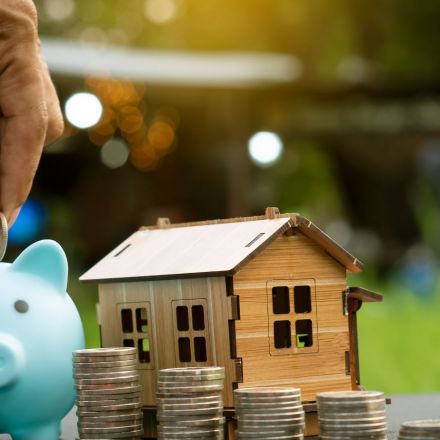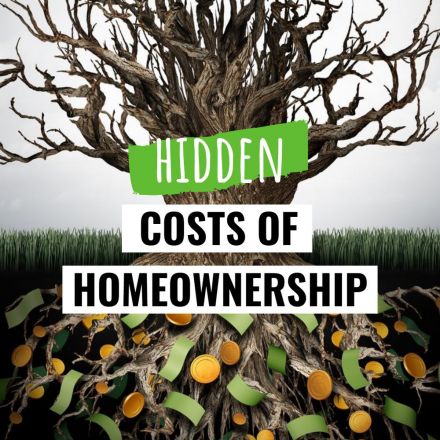

Planning for the Ongoing Costs of Homeownership
Owning a home is often considered a cornerstone of the American dream, a symbol of financial stability, and a long-term investment. Because of this, it can be easy to overlook the fact homeownership also comes with a series of ongoing costs that can sometimes catch new homeowners by surprise. Beyond the monthly mortgage payment, there are numerous expenses associated with maintaining and living in a home.
Continue Reading-

Planning for the Ongoing Costs of Homeownership
In order to make a wise home purchase you won't regret, take time to explore the various ongoing costs of homeownership and offer insights into how to manage them effectively. When you account for these other expenses, you can more effectively determine which homes you should consider buying.
Property Taxes
Property taxes are levied by local governments to fund schools, roads, and other public services. These taxes can vary widely depending on your location and the assessed value of your property. It's crucial to find out about the applicable taxes for a property you are considering because they may vary significantly in different locations.
Home Insurance
Homeowners insurance is essential to protect your investment from unexpected events like fires, natural disasters, or theft. The cost of insurance can vary based on factors like the age and condition of your home, its location, and the coverage you choose.
Depending on your location, you may need additional insurance coverage for specific natural disasters like floods or earthquakes. These policies can add to your insurance costs.
Utilities
One of the factors that can vary so much from house to house is utilities. Monthly utility bills for electricity, gas, water, and sewage are ongoing costs that can significant impact the affordability of the home. Energy-efficient upgrades can help reduce these costs, and the size, age, and condition of the home will also make a difference.
Maintenance and Repairs
Homes require regular maintenance to stay in good condition. This includes tasks like lawn care, gutter cleaning, HVAC system servicing, and more. Additionally, unexpected repairs can arise, such as a leaky roof or a malfunctioning appliance, which can be expensive to fix.
Maintaining your yard's appearance can be both time-consuming and costly. Expenses may include lawn mowing, gardening, tree trimming, and pest control.
The age and condition of your home will be the most significant factors in how much you can expect to spend on maintenance and repairs, in addition to the size of the lot and type of landscaping on it. Because of this, a newer or newly remodeled home may actually end up being more affordable than an older one that is sold for the same price.
HOA Fees
If you live in a community with an HOA, you will likely have monthly or annual fees to cover maintenance of common areas, security, and other services. These fees can vary widely depending on the community and the amenities provided.
Appliances
Over time, appliances like refrigerators, ovens, and HVAC systems will need to be replaced. These can be significant expenses that need to be factored into your long-term budget.
Make sure to have your real estate agent inquire about these things and have your inspector confirm so you can be confident about the condition you are taking on.
Renovations and Upgrades
Many homeowners choose to make improvements to their homes over time. Whether it's a kitchen remodel or a bathroom upgrade, these projects can be costly but can also add value to your property. Take these plans into account as you decide which home to buy.
A move-in ready home may end up being more affordable than a fixer upper in the long run, depending on how much work is needed, how much you can do yourself, and some factors that are beyond your control.



























Join the Discussion
Agreed. It is good sense to go in eyes wide open on a home purchase to understand all the potential costs associated with owning that home.